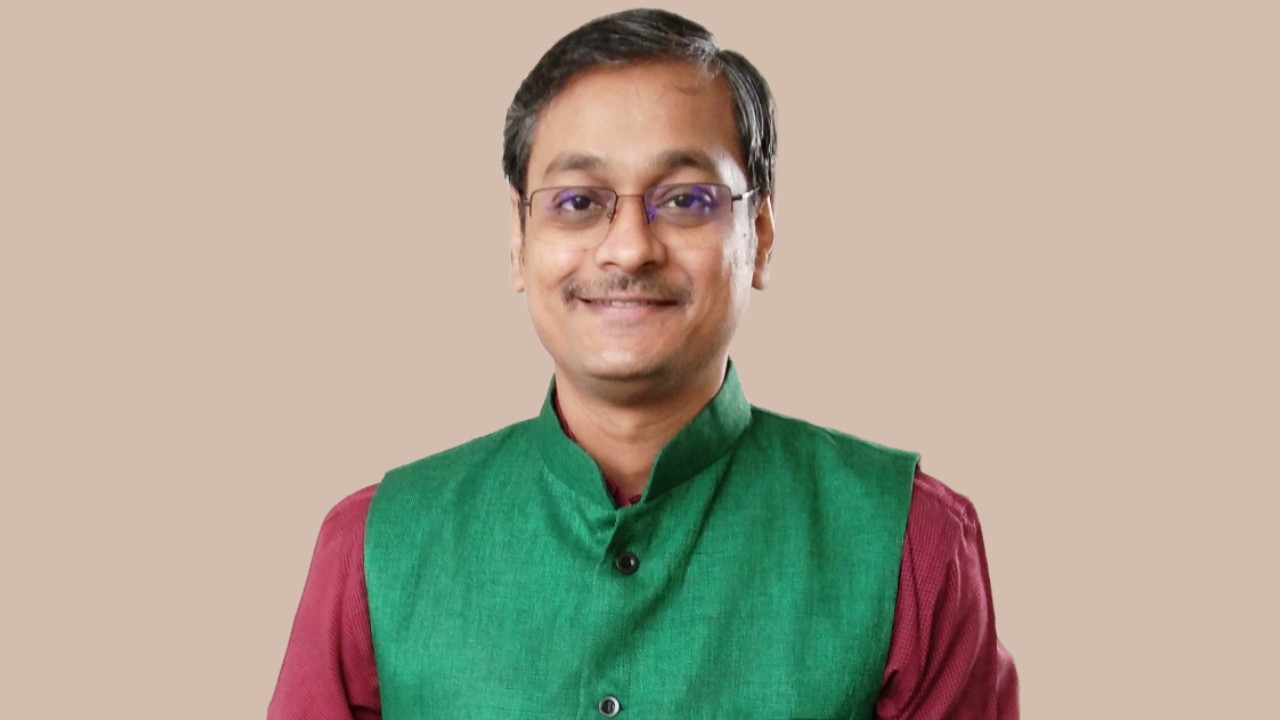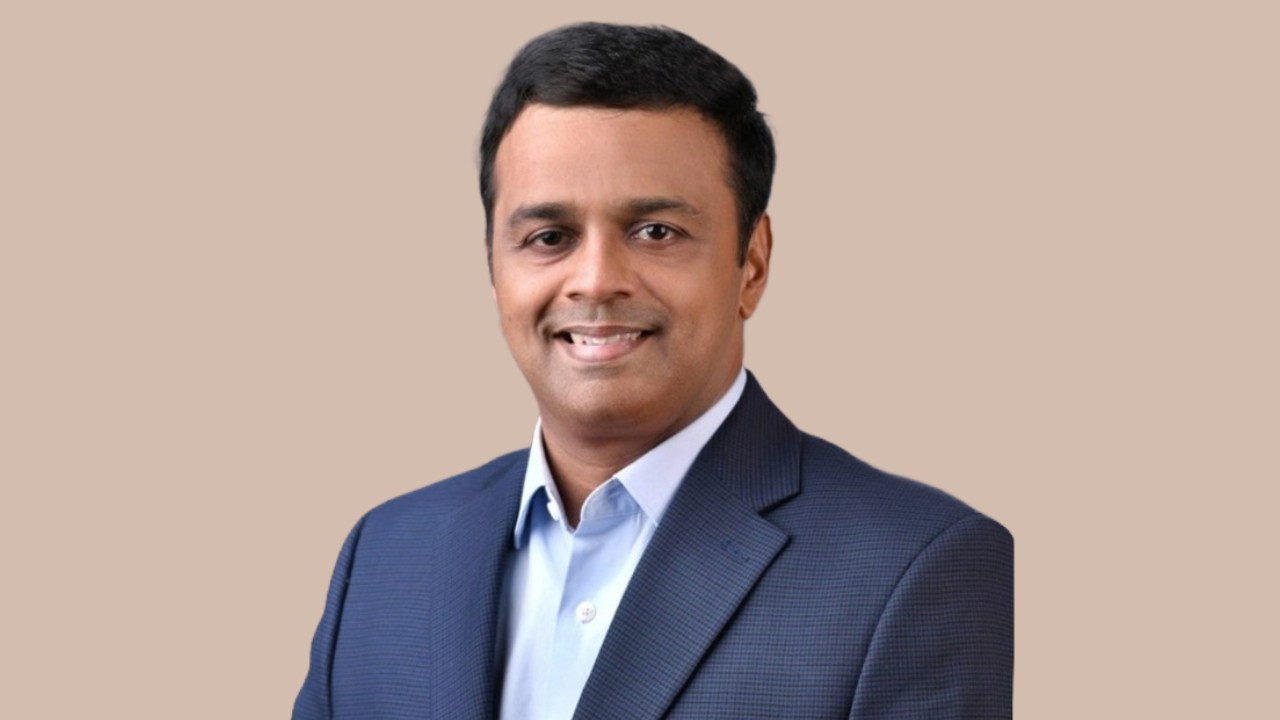World Food Safety Day serves as a poignant reminder of the pivotal role safe food practices play in preserving human health and well-being worldwide. It’s an opportunity to reflect on the intricate web of factors influencing food safety, from production and distribution to consumption and technology to innovation. By prioritizing stringent safety standards, we not only protect individuals from foodborne illnesses but also uphold the dignity of those who produce our food. Moreover, it underscores the imperative of fostering sustainable food systems that minimize risks while ensuring equitable access to safe, nutritious food for all. Let’s unite in our commitment to safeguarding public health through continuous vigilance and action.
World Food Safety Day offers the perfect opportunity to delve into the potential of photobiology treatments in greatly extending the shelf life of food produce, spanning seeds, vegetables, fruits, and plants. Through harnessing the power of light, photobiology treatments emerge as a sustainable solution for prolonging the shelf life of vegan products. These treatments capitalize on natural processes such as photomorphogenesis, markedly boosting product longevity without relying on harmful chemicals or excessive energy consumption. This methodology not only reduces the carbon footprint linked with conventional preservation methods but also seamlessly aligns with the burgeoning eco-conscious consumer demands.
Embracing photobiology in food preservation not only ensures the preservation of product quality but also plays a pivotal role in fostering a healthier planet by reducing waste and optimizing resource usage. This path paves the way for a more sustainable future for vegan products and the environment alike.
During an exclusive exchange with The Interview World, Michele Janezic, Resident Director at SERAP India Pvt. Ltd., a subsidiary of SERAP France, highlighted the groundbreaking efforts of Asclepios Tech, an AgTech startup, in developing expertise in sustainable, environmentally-friendly solutions. The company’s flagship innovation, Boxilumix, is an energy-efficient light signal processing solution. Janezic emphasized how Boxilumix substantially decreases reliance on carbon-based chemical inputs while mitigating fruit and vegetable losses through natural and sustainable protection against pathogens and climatic hazards. Consequently, this innovation prolongs the shelf life of produce while enhancing both its commercial and nutritional qualities. Below are the key insights from her interview.

Q: How does Boxilumix photobiology treatment contribute to prolonging the shelf life of various plant products, such as nurseries, seeds, vegetables, and fruits?
A: Asclepios Tech, a French company founded by a couple, has pioneered Boxilumix, an innovative, energy-efficient light signal processing solution centered on UV LED (ultraviolet light emitting diode) technology. Boxilumix applies these advancements to seeds, pre- and post-harvest fruits, and vegetables. Operating within the UV, VI, and IR wavelengths spanning from 200 to 800 nm, this technology employs photobiology treatment for dynamic lighting signals aimed at decontaminating and preserving agricultural produce.
Functioning across three critical stages—seed germination, plantation growth, and post-production—Boxilumix emerges as a pivotal solution for extending the shelf life and preserving the quality of fruits and vegetables. Its efficacy in decontamination and protection against pathogens and climatic adversities markedly reduces reliance on carbon-based chemical inputs while curbing losses along the supply chain.
From the farm to the consumer’s table, Boxilumix signifies a sustainable departure from conventional preservation methods. By naturally shielding produce, it significantly prolongs shelf life, enhances commercial viability, and bolsters nutritional attributes. Remarkably, without the need for refrigeration, Boxilumix can extend the lifespan of fruits and vegetables by 2-3 months when preserved at 20 degrees Celsius, processing up to one ton of produce per minute through its tunnel system.
Q: How does this technology impact the shelf life of fruits and vegetables?
A: When observing the application of our method to apples, we provide a solution, which effectively extends the shelf life of the fruit by three months at 20 degrees Celsius without requiring refrigeration. This same level of enhancement applies to carrots as well.
During my regular visits to farms, I’ve observed farmers utilizing makeshift structures, often covered with various materials, to preserve their produce and maintain freshness.
Each farmer ensures a conducive environment for their produce. As part of our ongoing efforts, we are currently focusing on onions, recognizing their higher susceptibility to spoilage. Our goal is to enable farmers to sustainably sell onions for a minimum of two to three months, rather than just a week.
This technology facilitates a significant increase in shelf life, multiplying it by two to three times. Consequently, farmers can now store their produce for extended periods, thereby improving their overall returns.
Q: Could you share your roadmap or vision for the development and implementation of this technology in the future?
A: We have two primary objectives. Firstly, we aim to install the equipment in one or two locations where we are actively engaged. Our invitation, extended by FICCI, marks a significant milestone in my 40-year career with India. It’s the first time they’ve invited us to showcase the technology they believe in. Undoubtedly, this initiative will greatly benefit farmers.
I earnestly hope that both farmers and the government will embrace this technology. Its adoption promises a reduction in carbon dioxide emissions, a goal I am deeply committed to achieving. Our initial priority is to demonstrate the feasibility and efficacy of the technology.
Secondly, establishing a dedicated laboratory is essential. We’ve already conducted 80 research and development projects, spanning various regions like Africa, Canada, and France, focusing on crops such as mangoes and onions. Our intention is to expand this research collaboration to include India.
For instance, representatives from Gujarat have expressed interest in exploring the application of our technology to chiku cultivation. Our overarching goal is to empower farmers, enabling them to enhance their incomes without solely relying on expensive cold chain infrastructure.
The process involves a brief three-minute procedure, yielding benefits that endure for three months at a consistent temperature of 20 degrees Celsius.
Q: What are the comprehensive costs associated with implementing and maintaining this technology, including initial setup, ongoing expenses, and potential long-term investments?
A: Discussing costs in India is always a delicate matter. In comparison to America and Europe, there’s often a lack of distinction between capital expenditure (capex) and operational expenditure (opex) in India. While India may spend less on capex, its opex expenditure is often substantial. Consequently, the government inadvertently fuels an inefficient system.
Ultimately, what we offer is a machine with a capex of 10%, providing a significant improvement over lower quality alternatives. These machines boast a lifespan of 20-25% longer, with a return on investment achievable within three to five years. This is the value proposition we bring to the table, coupled with nearly zero opex costs. This is the focus of our efforts and why I am committed to this cause.
Q: What factors contribute to its cost efficiency compared to cold storage methods?
A: Do you understand the carbon dioxide emissions associated with traditional cold storage methods, exacerbating climate change? Unlike conventional methods, our approach eliminates carbon dioxide emissions entirely. Our primary focus is on reducing the carbon footprint to ensure sustainability. If adopted by major corporations like Reliance and Tata, our technology can revolutionize storage and cold chain logistics. We’re not in competition with existing storage solutions; rather, we anticipate their adoption of our technology due to its sustainability benefits. Indeed, these companies have shown keen interest in our technology over conventional storage methods. This sustainable approach not only promises significant return on investment but also contributes to environmental sustainability.









